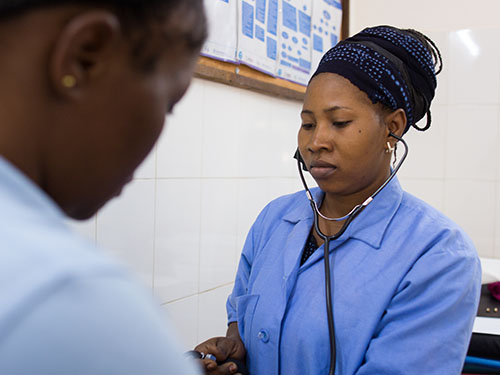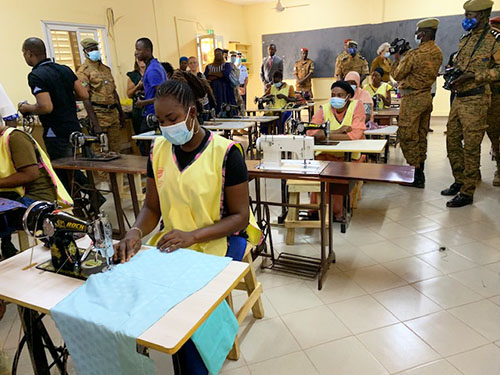Enhancing access to biological diagnosis for vulnerable populations is the main area of intervention by the Mérieux Foundation. This work involves reinforcing biomedical analysis laboratories and helps to improve the surveillance of infectious diseases in regions particularly exposed to threats of epidemics.
Reinforcing access to high-quality biological diagnosis is not only about improving patient treatment and follow-up care, but also about improving public health from the perspective of surveillance. The COVID-19 pandemic served as a reminder that biological diagnosis plays a key role in controlling epidemics. This involves renovating laboratories, setting up reliable equipment and quality management systems and enhancing the skills of laboratory staff in order to meet patients’ needs. To this end, the Mérieux Foundation is one of the organizations approved by the Global Fund as a technical laboratory expert.
As well as improving equipment and technical skills, the Foundation provides management consultancy services with the aim of guaranteeing financial autonomy for laboratories by introducing a range of services compatible with the local context. The Foundation also supports health authorities in consolidating efficient national laboratory systems to optimize laboratory services and maximize the impact of their activities on public health.
This support is based on three key areas:
- A collaborative approach based on partnerships with local healthcare providers, international organizations, academic research, businesses, NGOs, etc.
- A long-term vision offering lasting support to achieve autonomy and the local appropriation of infrastructures and projects.
- The development of networks to pool experience and share skills within the framework of multinational cooperation.
2022 marked the return to more normal operations after the pandemic, which had put the brakes on a number of projects affected by a surge in diagnosis requirements and the impact of lockdown and travel restrictions. Unfortunately, the political and security situation in several of the countries in which we operate is becoming increasingly concerning. To ensure the continuity of its activities, the Foundation relies on a solid network of local partners and institutions and on the exceptional ability of its teams to adapt and fulfill their missions while respecting the security conditions in place.
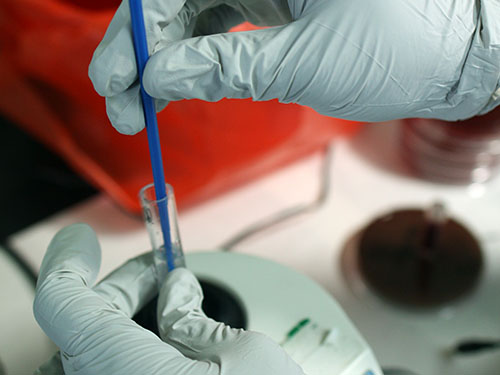
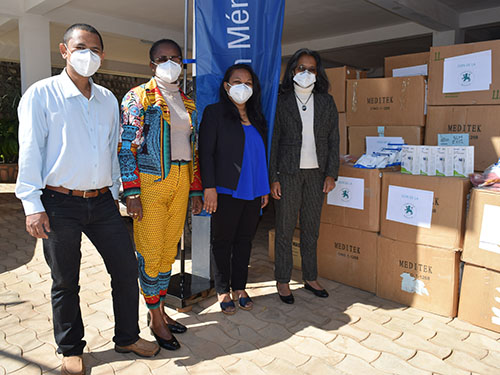
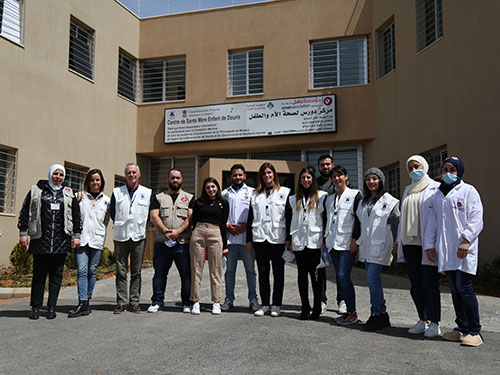
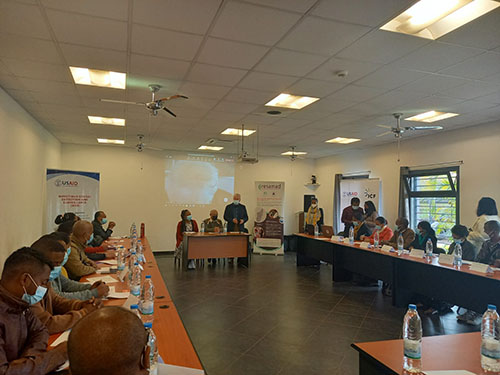
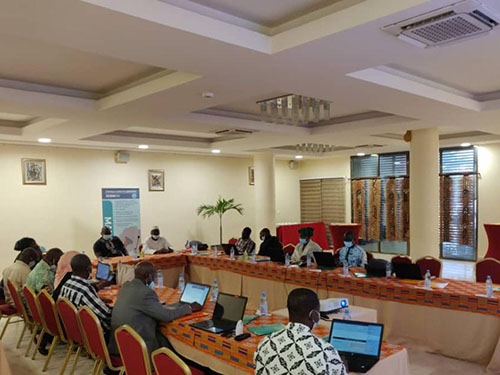
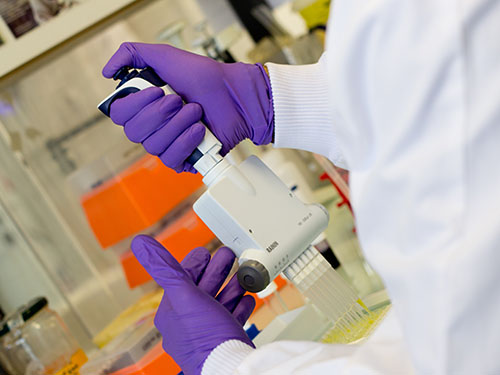
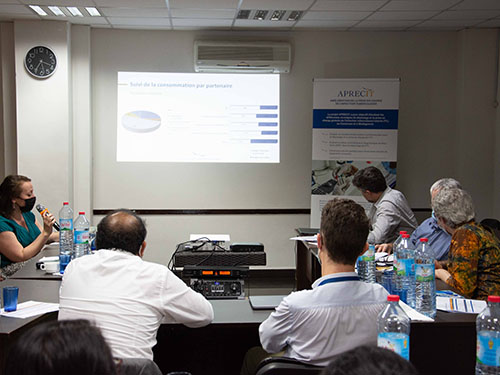
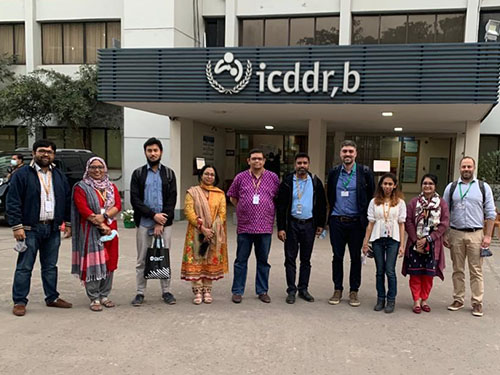
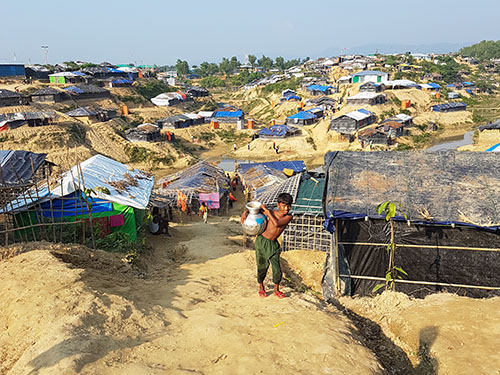
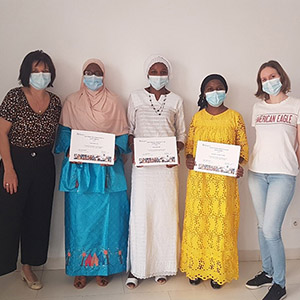
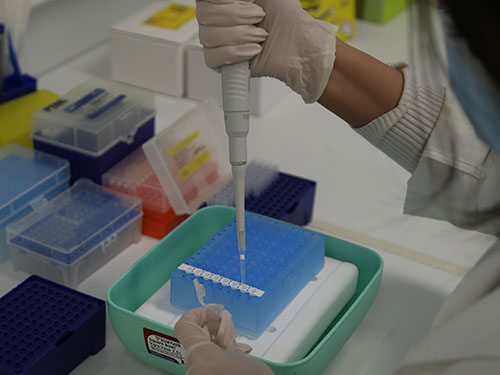
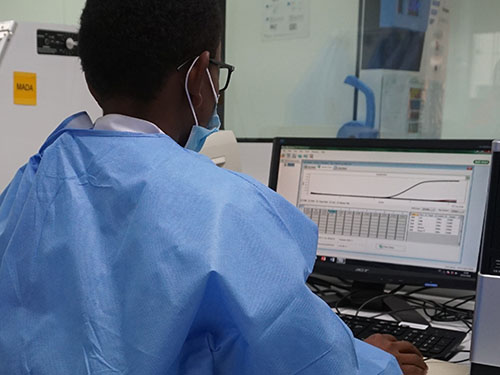
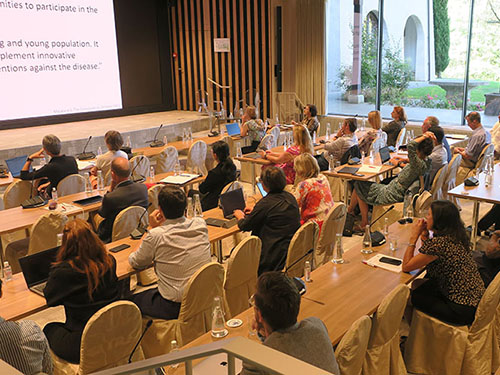
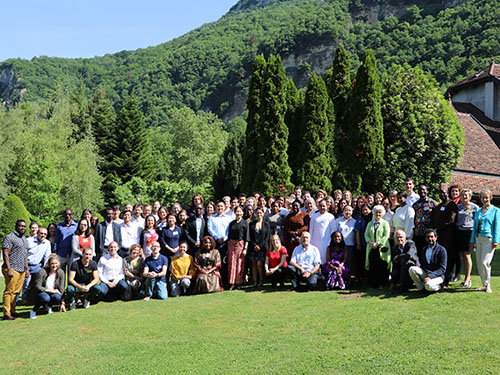
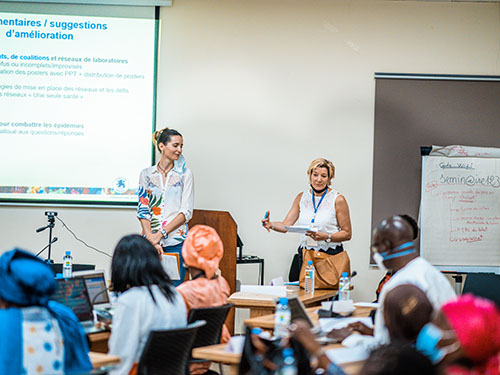
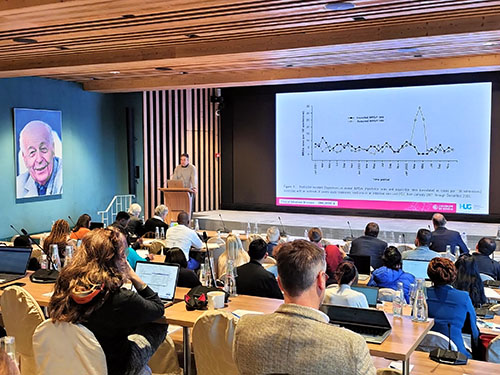
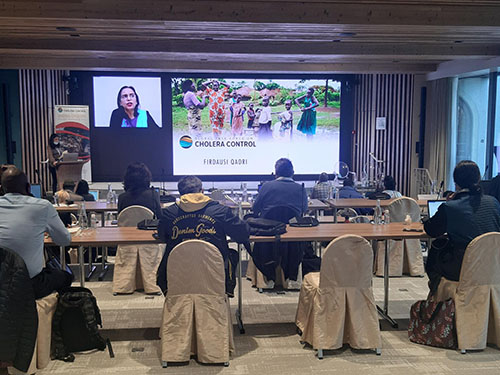
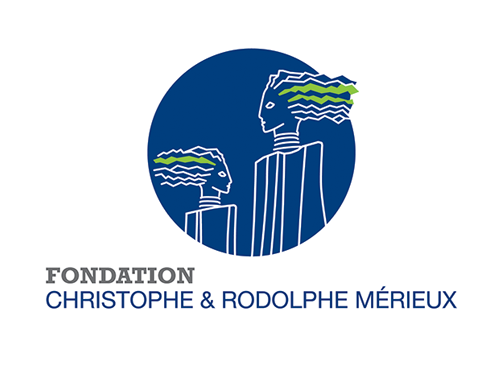
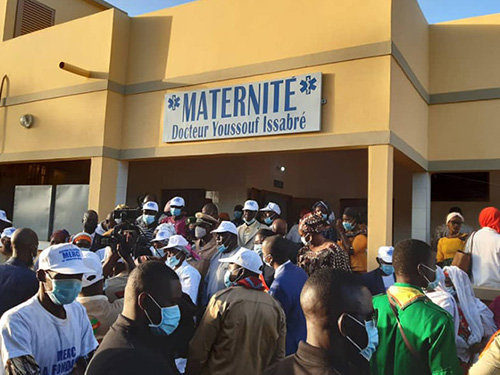
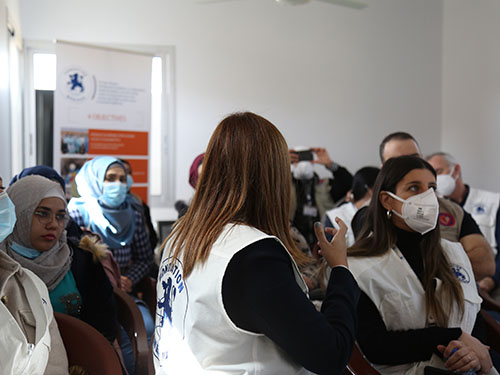
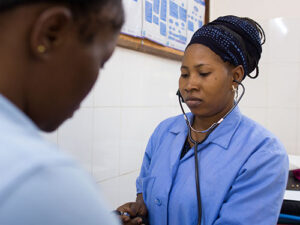 opened its doors in March 2022.
opened its doors in March 2022.